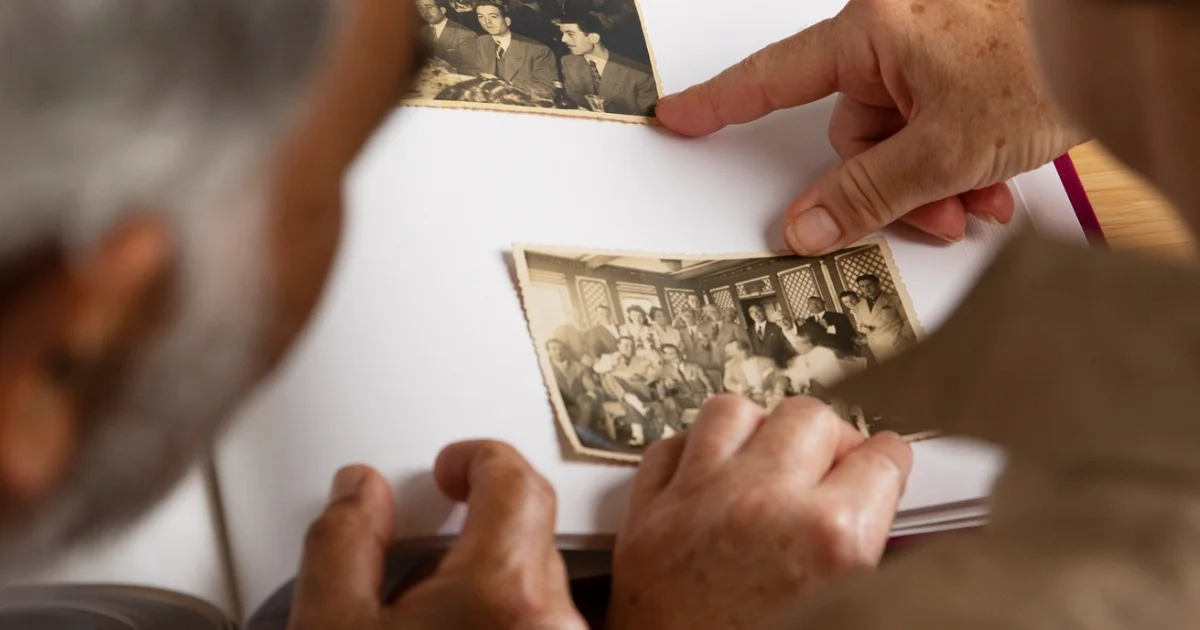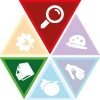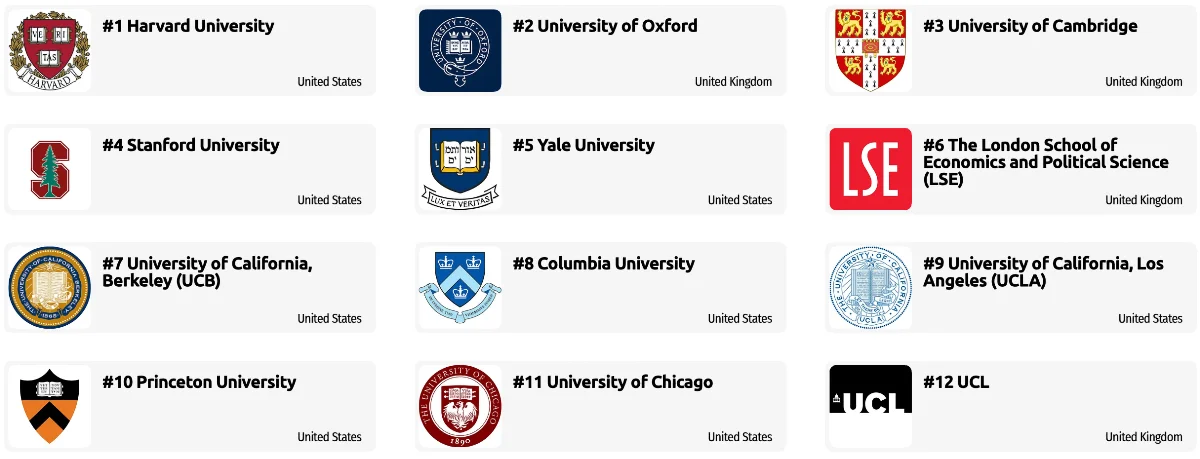Inspector
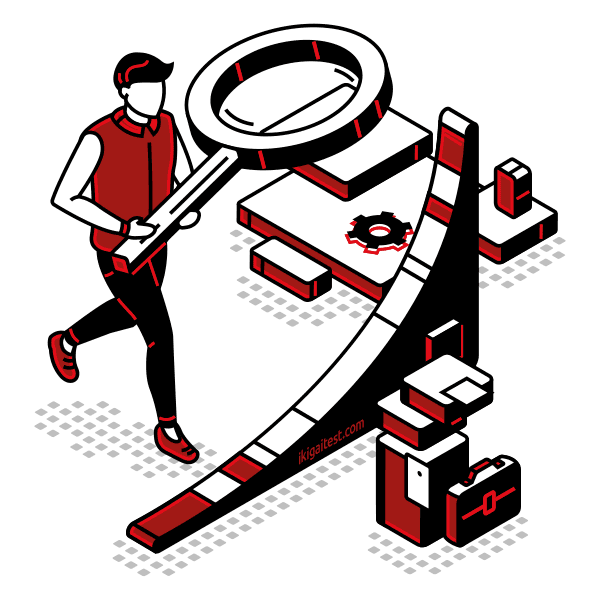
Inspectors should be great at:
- Estimating sizes, distances, and quantities; or determining time, costs, resources, or materials needed to perform a work activity.
- Observing, receiving, and otherwise obtaining information from all relevant sources.
- Identifying information by categorizing, estimating, recognizing differences or similarities, and detecting changes in circumstances or events.
- Inspecting equipment, structures, or materials to identify the cause of errors or other problems or defects.
Technician
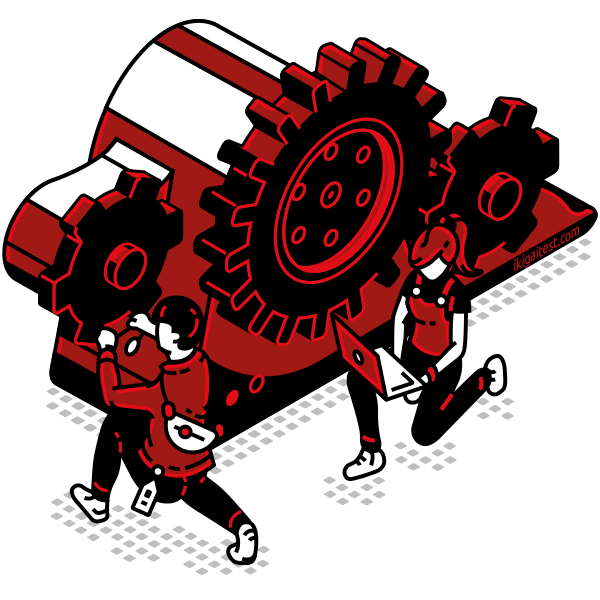
Technicians will often be asked these tasks:
- Providing documentation, detailed instructions, drawings, or specifications to tell others about how devices, parts, equipment, or structures are to be fabricated, constructed, assembled, modified, maintained, or used.
- Using computers and computer systems (including hardware and software) to program, write software, set up functions, enter data, or process information.
- Servicing, repairing, calibrating, regulating, fine-tuning, or testing machines, devices, and equipment that operate primarily on the basis of electrical or electronic (not mechanical) principles.
Other work activities related to Historians
- Conserving and preserving manuscripts, records, and other artifacts.
- Organizing data, and analyzing and interpreting its authenticity and relative significance.
- Gathering historical data from sources such as archives, court records, diaries, news files, and photographs, as well as collecting data sources such as books, pamphlets, and periodicals.
- Tracing historical development in a particular field, such as social, cultural, political, or diplomatic history.
- Conducting historical researching as a basis for the identification, conservation, and reconstruction of historic places and materials.
- Teaching and conducting researching in colleges, universities, museums, and other researching agencies and schools.
- Conducting historical researching, and publish or presenting findings and theories.
- Speaking to various groups, organizations, and clubs for promoting the aims and activities of historical societies.
- Preparing publications and exhibits, or reviewing those prepared by others, for ensuring their historical accuracy.
